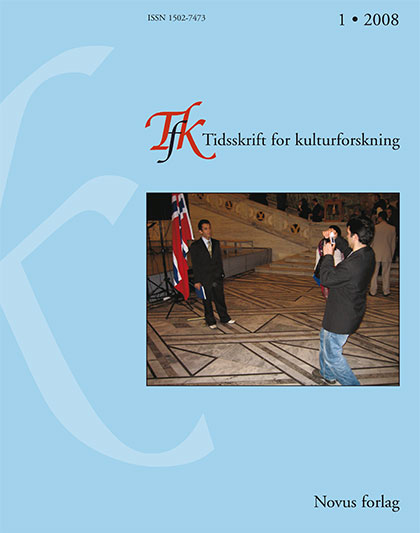Sammendrag
Every day millions of people engage in chatting, socialising, sharing thoughts, ideas and opinions on most issues on the internet. They produce enormous amounts of text, easily accessible for anyone to read. In spite of this, cultural researchers in Norway have not shown great interest in these sources. This article argues that material from internet communities is very suitable for identity studies. However, these sources have been created under circumstances quite different from more commonly used material like interviews, and this calls for special critical perspectives. Texts from internet communities are created and given shape and content within a specific community and must be read in relation to this. To understand the texts in which they exist one needs to understand the community. The article articulates five questions that should be taken into consideration when investigating material from internet communities. These are: 
What glues the community together and how are the borders that frame it made out?
How "thick" is the collective identity in the community?
Is there a specific jargon or way of speaking in the group?
To what degree are the members anonymous?
Does awareness of possible invisible watchers change their interaction in any way?
These questions are discussed with empirical examples. Furthermore, the article discusses ethical aspects of fieldwork on the internet and concludes that the researcher should take the same ethical precautions as off-line fieldworkers.
Forfattere beholder opphavsretten og gir tidsskriftet rett til første publisering av arbeidet. En Creative Commons-lisens (CC BY-SA 4.0) gir samtidig andre rett til å dele arbeidet med henvisning til arbeidets forfatter og at det først ble publisert i dette tidsskriftet.

